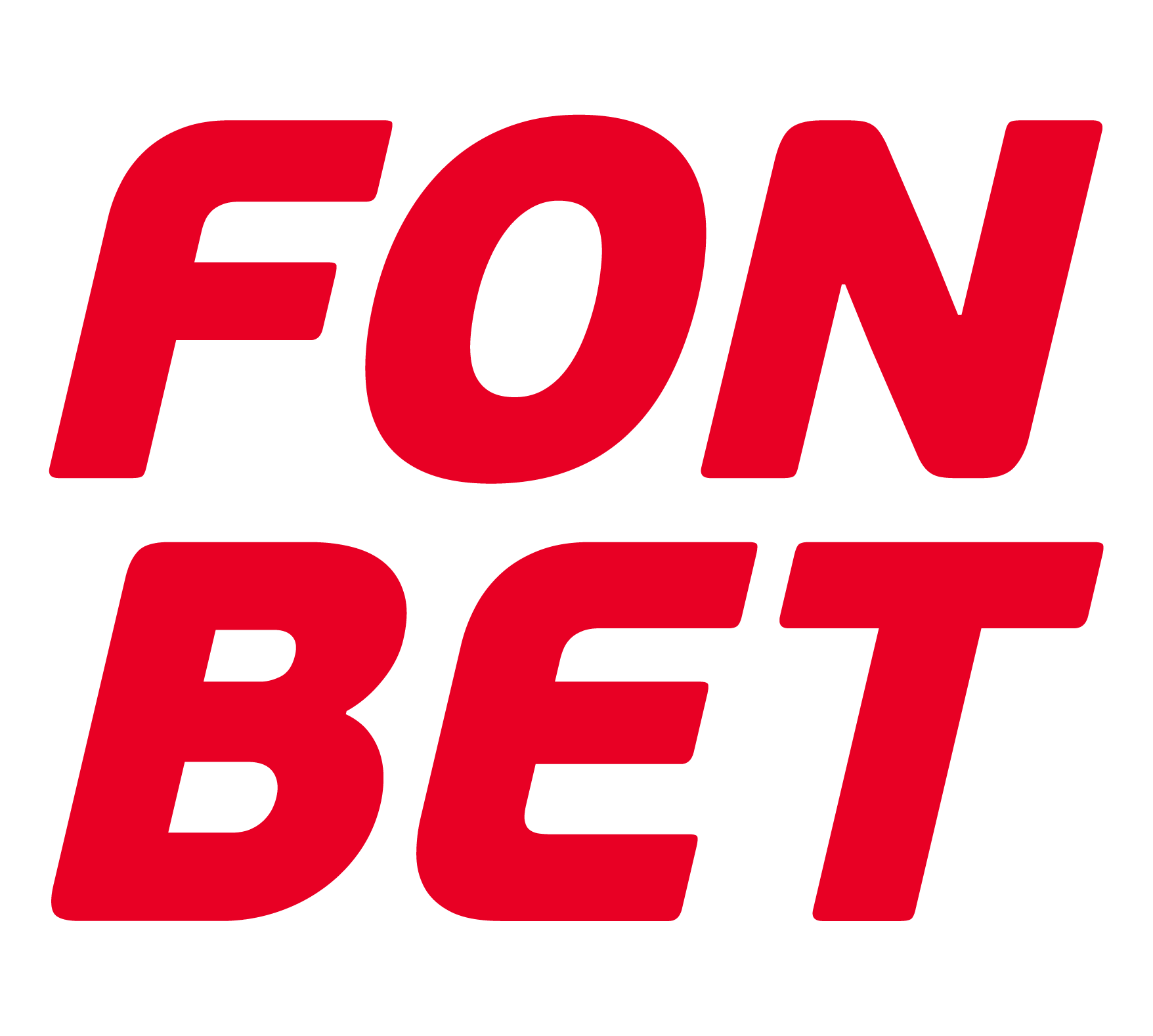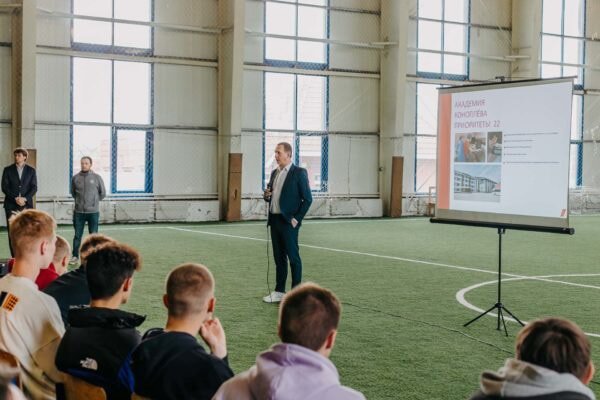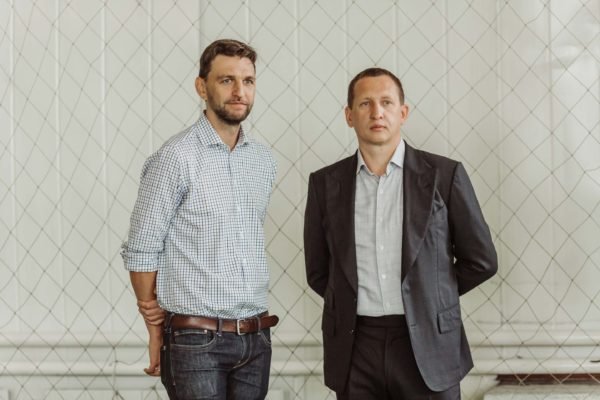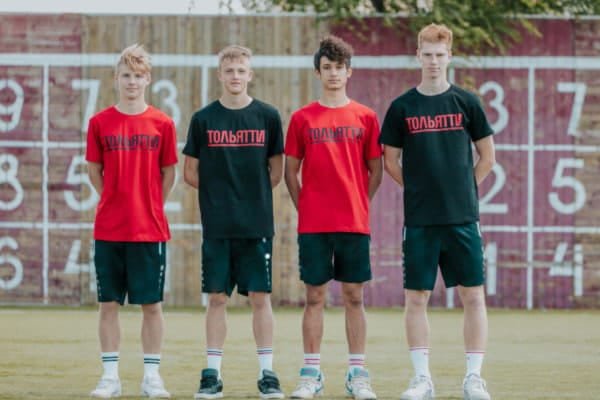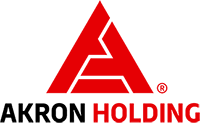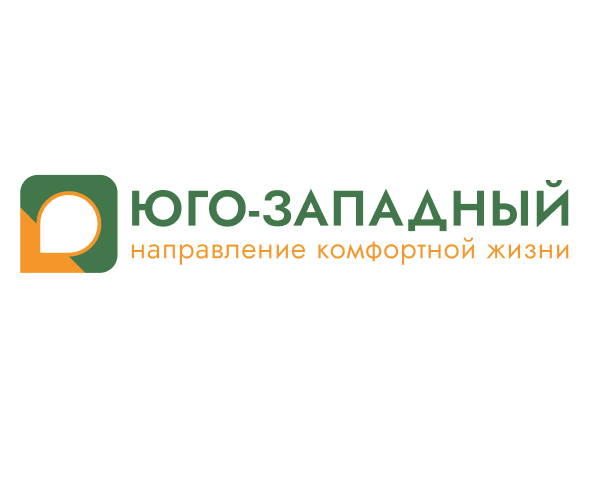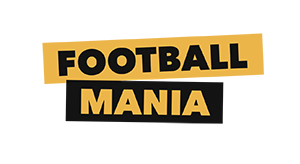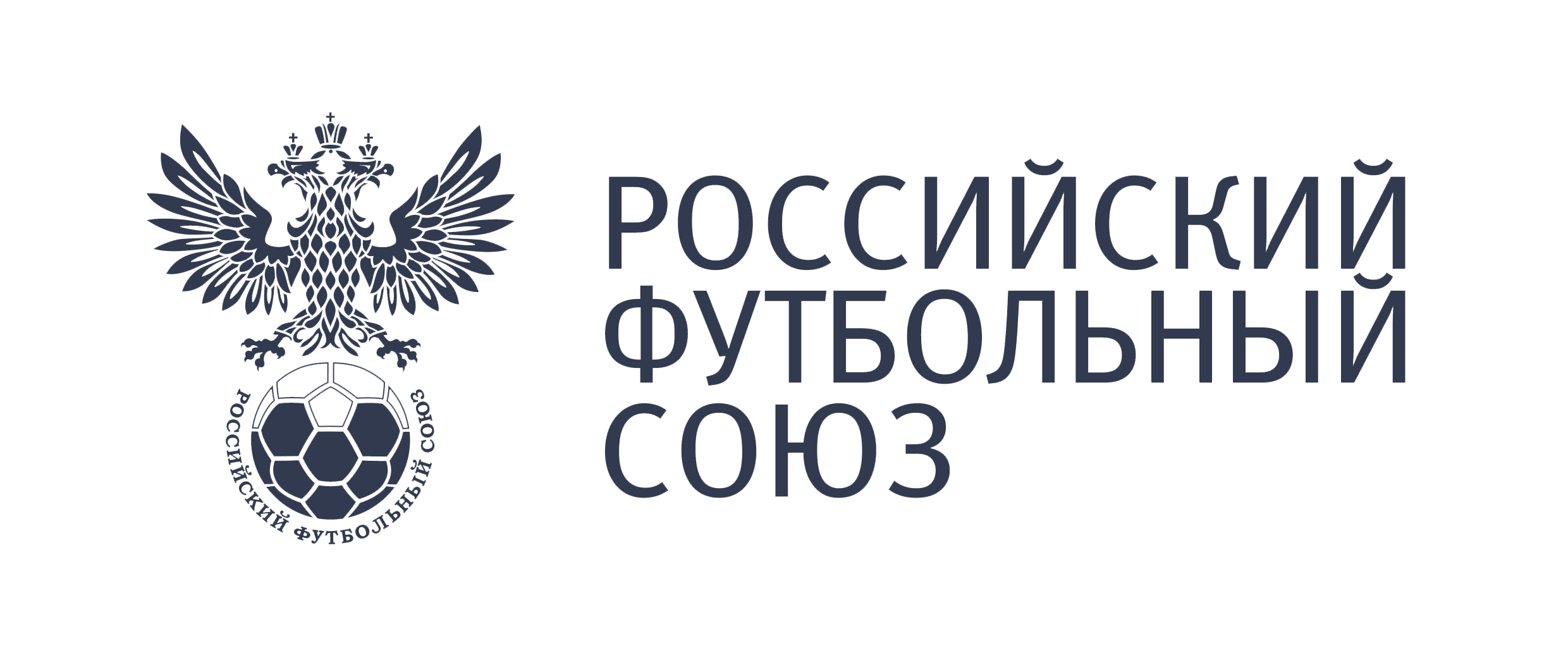In an interview with the club’s press service, Akron’s new sports director, Chris Docherty, spoke about his mission, experience in Europe and selecting policy.

– Welcome to Russia, Togliatti, Akron. Have you thought about a job offer in Russia for a long time?
– Almost immediately it became obvious to me that Akron was an incredible project. One of the key things for me is that the club is progressive. Most clubs with history have the same problem – they have been working for 20 or 30 years the same way and it is very difficult for them to change something, even if new ways work better. I like that you can start from the beginning, structure the processes.
The second thing that influenced my choice was a long-term plan. There is no momentary pressure, the pursuit of results here and now. This makes it possible to build a strategy that will gradually lead us to success.
– Tell us, what exactly did you do at Dundee United?
– First, the daily work with the main team. Everything related to tactics, style of play. Gave recommendations for a future rival, some particulars. The second part of my work was more strategic. I tried to make sure that all departments in the club were moving in the same direction. The academy, scouting, physical condition of the players must be tailored to the desired style of play.
I was the liaison between all the departments of the club. I spent a lot of time with the main team, but also helped adapt the academy’s playstyle, talked to the head scout about which players fit our style.
– You also worked at Hajduk. Tell us about this period.
– In Hajduk I did about the same thing – I worked with the main team, gave recommendations about opponents, worked closely with the sports director. Hajduk is a team that loses money every year, so they have to sell players from the academy and constantly renew their squad just to break through. In such a situation, you need to plan everything for 3 years in advance, try to save money. Hajduk is one of the largest Croatian teams with the largest fan base. It’s just an incredible experience – you need to fight for high places, pull up young players, play attractive football and still not spend money.
– Which of the players of the Hajduk academy managed to play for the main team and go for promotion during your work?
– There were several players who were able to pull up to the main team, for example, Mario Vushkovich. He is still at Hajduk (on loan at Hamburg). He was 17 when he first played for the first team and there were a lot of offers from good European clubs for him, but I can’t tell you from which ones.
– Have you already seen the FNL? What do you think about the level of the game?
– The level is good. Some teams try to play the ball from the goalkeeper through the defenders, they try to play European football. Others are more aggressive and physics-based. It’s interesting – you need to assemble a team that can compete in any conditions. Some play synthetics, others grass, some are based in the south, others in the north. The request is quite unique, to this you can add the distances that affect the recovery. All of these things need to be considered when working with a team.
– What about the cultural and linguistic barrier? Do you think it might affect your work?
– Of course, it will be important for me to start learning Russian as soon as I arrive – at least basic football things. I am half Polish, I speak a little Polish, so it should be a little easier for me to learn Russian. Regarding cultural differences, I don’t think this will be a problem. I worked in Croatia, China. I have a good experience of being in different cultures. I think it’s not mentality that is much more important, but emotional flexibility – you need to be ready to adapt. I know that in different parts of Russia the culture is different, so if we sign players from another region of the country, it is important to try to understand his way of thinking, motivation, fears. When you can understand a person, then you can adapt your behavior.
– You worked in China. Tell me, what did you do there?
– I worked for the government – there was a project to popularize football. The main goal is for China to win the World Championship in the future. We worked together with clubs, my job there was to create a football culture in the country. In order for more children to play football, more parents sent their children to the section and understood that football could become their career. Created training opportunities, such as academies. In China, few people play in the courtyards for entertainment.
Second, there are huge distances in China, as in Russia, so if a talented player appeared in one part of the country, then sometimes it turned out that he simply had no one to play with, no one to train with. To be successful, you need to train against players of a similar level every day. It makes no sense to assemble a team of the best players and win 10: 0 every time, so we also tried to solve the logistics problem.
The third is the training of trainers. Local specialists lacked understanding about modern ways of teaching players. Most of them used the old manuals, which don’t work. We tried to train trainers, but it’s not so easy to train people who are 60 years old. For example, we brought specialists from Croatia who told how they work with young players. We also brought Tony Carr, the head of West Ham’s academy, who worked with Rio Ferdinand, Joe Cole, Frank Lampard, Glen Johnson, Michael Carrick – a bunch of talented players. He also taught Chinese schools.

– How did your loved ones react to the move to Togliatti?
– 100% supported. Even at Dundee United. It was hard to leave – there is also a very interesting project, one of the best academies in the country. Last year we had four players from the academy, this year we became the first team in Scotland to promote a youth coach to head coach of the first team. It’s okay in Spain or Germany, but not in Scotland. He was not a professional player, so there was a lot of hate from fans and media. But now everyone is seeing the result – the team is playing attractively, young players from the academy get a chance. It was hard to leave, but I am sure that we can create a very successful European level club in Togliatti.
– What are the main things you want to do at Akron?
– One of the main tasks is the development of the academy. You need to make sure that the academy and the main team are connected so that it will be easier for young players to adapt to the main team. We want to develop young players in the region, there is a legacy of talented players, but we will also be looking for talented players throughout Russia and the CIS. To do this, we will use sports science, analytics, modern tools and coaching methods.
We want the team to perform successfully, but we are not ready to constantly throw money on experienced players. Sometimes they are good, sometimes they are not. We need to be smarter in making scouting decisions. We need to figure out how the team will play and look for players who are perfect for our style.
It is not enough to develop a strategy; you also have to adhere to it for several years. Many clubs change their vision after a couple of defeats, the sports director, in a panic, is trying to change something in order to get the result. It is important for us to develop a strategy and stick to it. This will be a big plus for us – we will not panic if an obstacle appears on the way. This is also important for the players – there is no time to think about making decisions on the pitch, so the longer a player is in the structure of the club, the better the mutual understanding with partners. Club DNA allows you to develop habits that will allow you to make decisions faster.
My main goal is to develop a strategy that will work for the academy, the first team, and the scouts.
I am happy that I received an offer from Togliatti, it is very important for me that my vision of the club’s development coincides with the vision of the management – we constantly contacted both the owner Pavel Morozov and the CEO Alexei Vlasov. I am sure that we will be able to build a European-level club in Togliatti.



